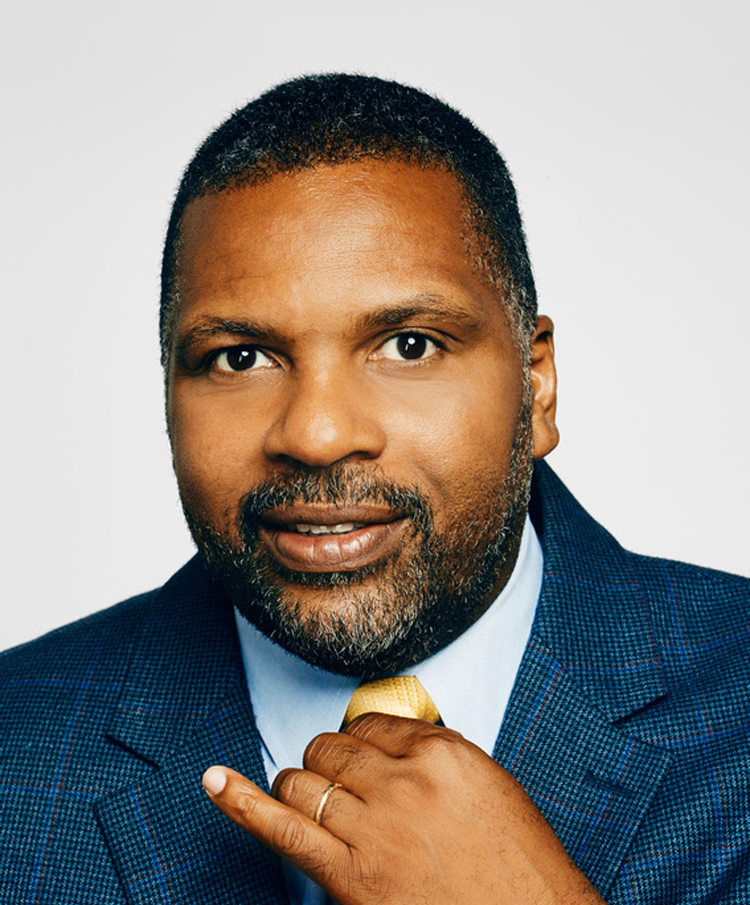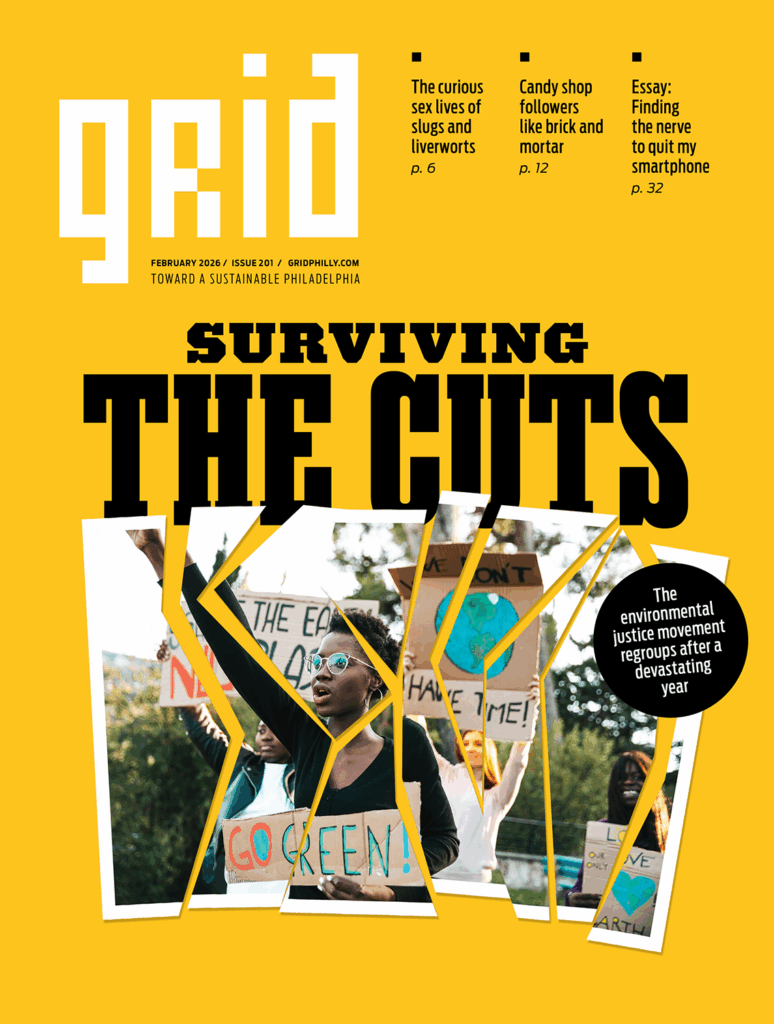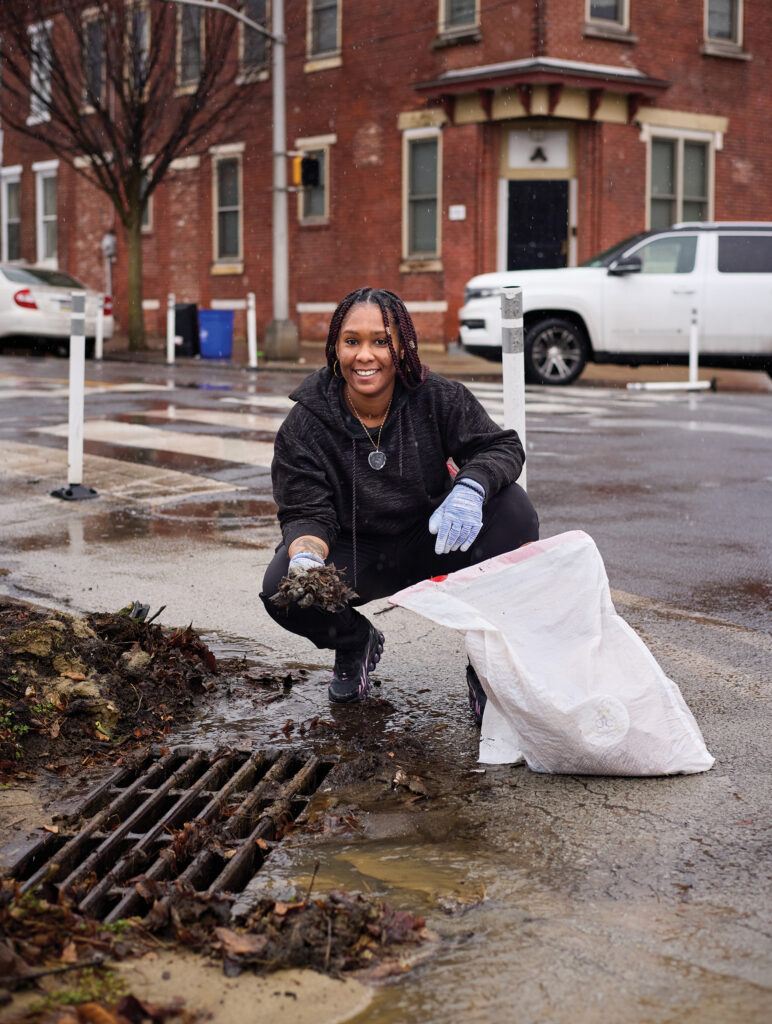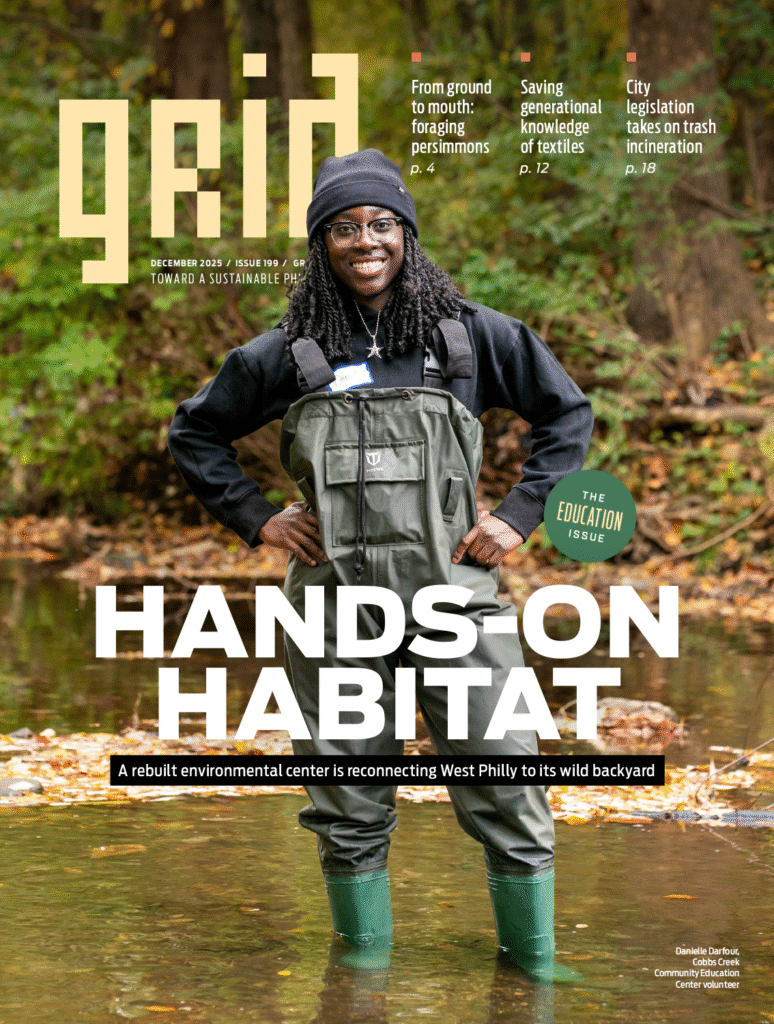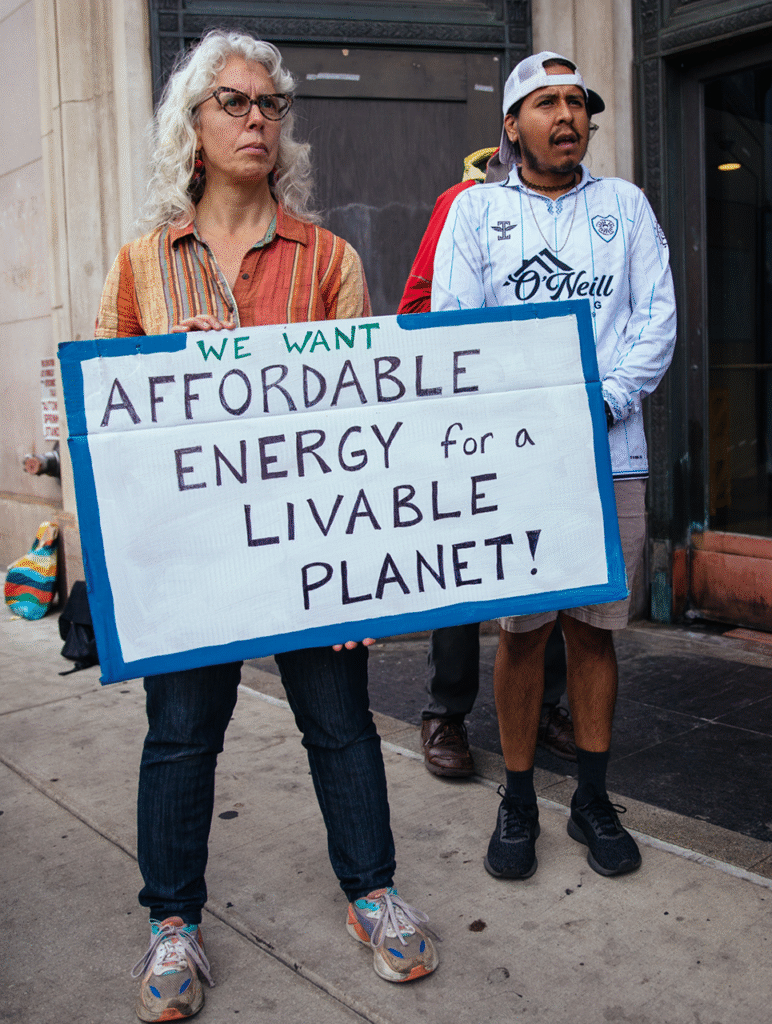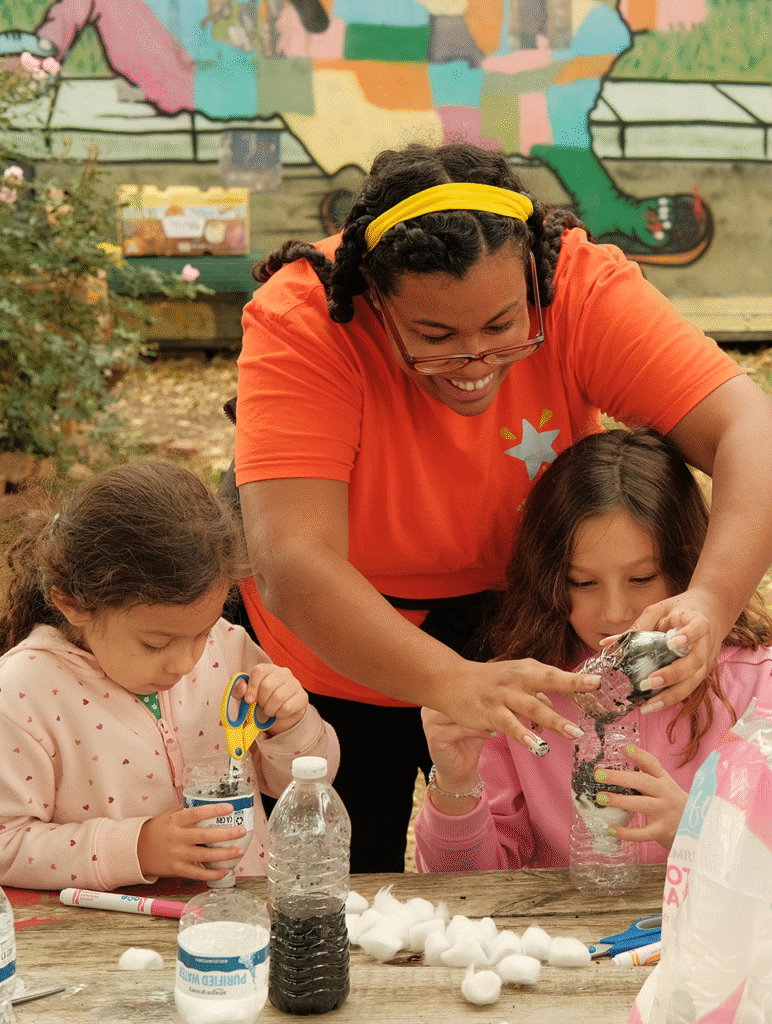portrait by Mark Likosky
“I was privileged as a youngster to live on a North Philadelphia block with neighborhood families who celebrated and thrived on the simple aspects of life: family, clean streets, safe places for children to play, learn and love. Today, I’m sure that my work and service to the community is inspired by the common dignity of these ordinary people.” — JS
It takes experience and imagination to see possibility where other people see problems. For social entrepreneur, professor and organizer Jerome Shabazz, no building block—no neighborhood block—is too small to provide a foundation for big plans. “In graduate school, I read a theory that asserts that certain institutions are so large and interconnected that they are too big to fail,” he says. “My experiences growing up in Philadelphia inspired my realization that there are systems and people in our community who are too small to fail.”
Knowing that every person and every place counts, Shabazz, who worked for two decades with the Philadelphia Water Department and as a water and wastewater operator, engineering technician, and trainer, turned his discerning eye on remediating an EPA brownfield site in West Philadelphia, one of many located in poor, underrepresented and minority communities in the U.S. Now, on what used to be a hazardous dump, the community has the Overbrook Arts & Environmental Education Center. Over the last 10 years, adults and children alike have immersed themselves in what Shabazz calls a “multi-sensory learning environment” where students have discovered their own potential during science, technology, engineering, arts and math projects.
Now his visionary eye is trained on creating the Overbrook Center’s Farmacy Project for Human and Environmental Health. The idea for a combination wellness center and farmers market is based on a successful model project in South Carolina, and guided by the idea that early health screenings and brief interventions—combined with access to healthy foods—can significantly improve the overall health of the neighborhood.
Transforming how people think about themselves and their community is what drives Shabazz. “By forming partnerships with community members, nonprofits and large institutions, we’ve rehabilitated homes, built a playground, greenhouse, gardens, orchards, stormwater bioretention systems, and other built and natural amenities in our West Philadelphia neighborhood” says Shabazz. “Our work has helped to create a sense of place and belonging.”



